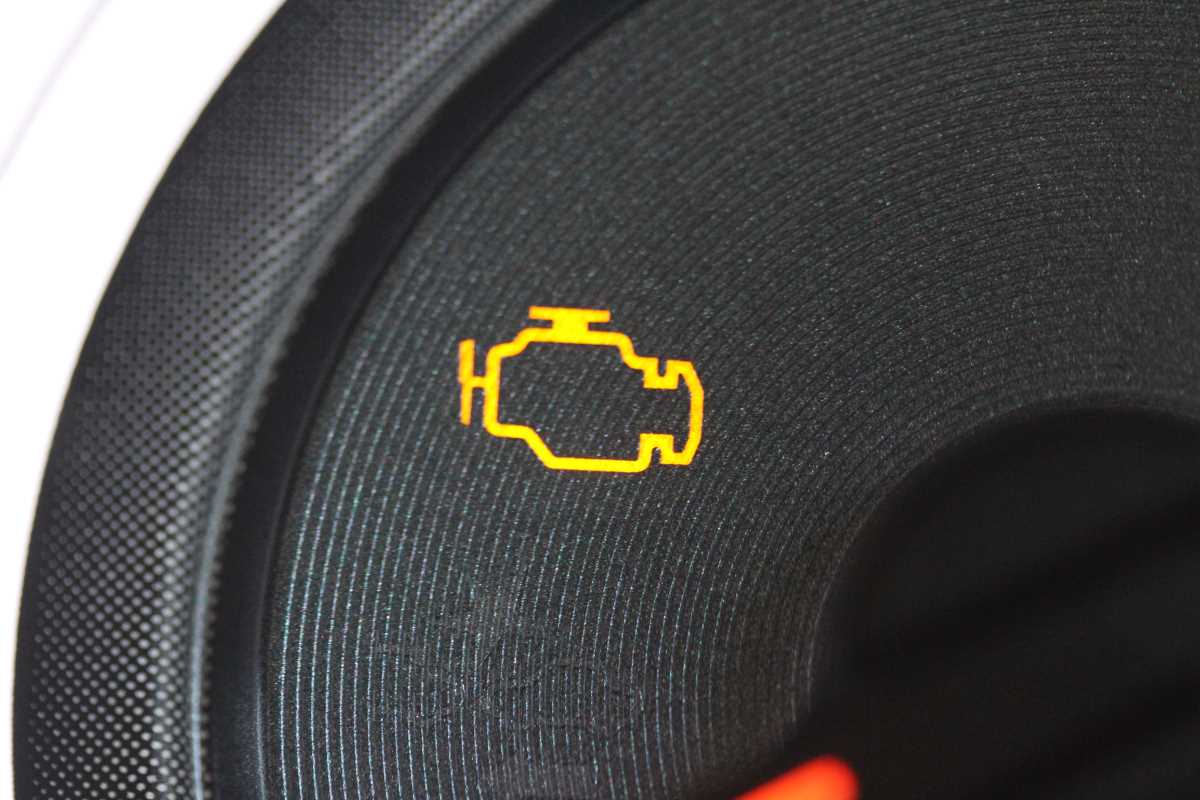When your car's engine starts acting up, it can be a real headache trying to figure out what's wrong. In this article, we will go over some expert tips for troubleshooting your car's engine. From odd sounds to warning lights on your dashboard, we'll guide you through common issues and how to address them effectively. So, buckle up and let's dive into some essential engine troubleshooting tips to keep your vehicle running smoothly.
Strange Noises: Timing Belt Troubles
Is your engine making strange noises? One common issue could be a problem with the timing belt. If you hear a high-pitched squeal while the engine is running, it may be time to get your timing belt checked. A worn-out or damaged timing belt can cause serious engine damage if not addressed promptly. Be sure to have it inspected by a professional mechanic to avoid costly repairs down the road.
Misfiring Engine: Spark Plug Issues
Another potential culprit for engine troubles is a faulty spark plug. If your engine is misfiring or running rough, it could be due to worn-out or dirty spark plugs. Replacing spark plugs regularly is essential for maintaining optimal engine performance. Consult your owner's manual for the recommended replacement schedule and make sure to use the appropriate spark plugs for your vehicle.
Decreased Fuel Efficiency: Clogged Air Filter
Have you noticed a decrease in fuel efficiency or performance? A clogged air filter may be to blame. A dirty air filter restricts airflow to the engine, resulting in poor fuel combustion and reduced performance. Checking and replacing the air filter as needed can improve fuel efficiency and overall engine performance. It's a simple yet effective maintenance task that can make a big difference in how your car runs.
Check Engine Light: Don't Ignore It!
If your check engine light is illuminated, don't ignore it! The onboard diagnostics system is designed to alert you to potential issues with your vehicle. When the check engine light comes on, it's essential to have your car diagnosed by a professional mechanic. Ignoring warning lights can lead to more severe problems and costly repairs in the long run. Addressing the issue promptly can help prevent further damage and keep your engine running smoothly.
Overheating Engine: Immediate Action Required
Overheating can be a serious issue that requires immediate attention. If your engine temperature gauge is in the red zone or you notice steam coming from under the hood, pull over and turn off the engine. Driving an overheating engine can cause significant damage, including warped cylinder heads or a blown head gasket. Have your cooling system inspected by a mechanic to identify and address the root cause of the overheating.
Importance of Regular Maintenance
Regular maintenance is key to preventing engine problems. Following the manufacturer's recommended maintenance schedule for oil changes, filter replacements, and other essential services can help keep your engine in top condition. Neglecting routine maintenance can lead to premature wear and potential breakdowns. By staying proactive with maintenance tasks, you can prolong the life of your engine and avoid costly repairs in the future.
Troubleshooting your car's engine doesn't have to be daunting. By paying attention to warning signs, performing regular maintenance, and addressing issues promptly, you can keep your engine running smoothly. Remember to consult a professional mechanic for complex problems or repairs beyond your expertise. With these expert tips in mind, you'll be better equipped to tackle engine issues and keep your vehicle on the road for miles to come.

.jpg)





